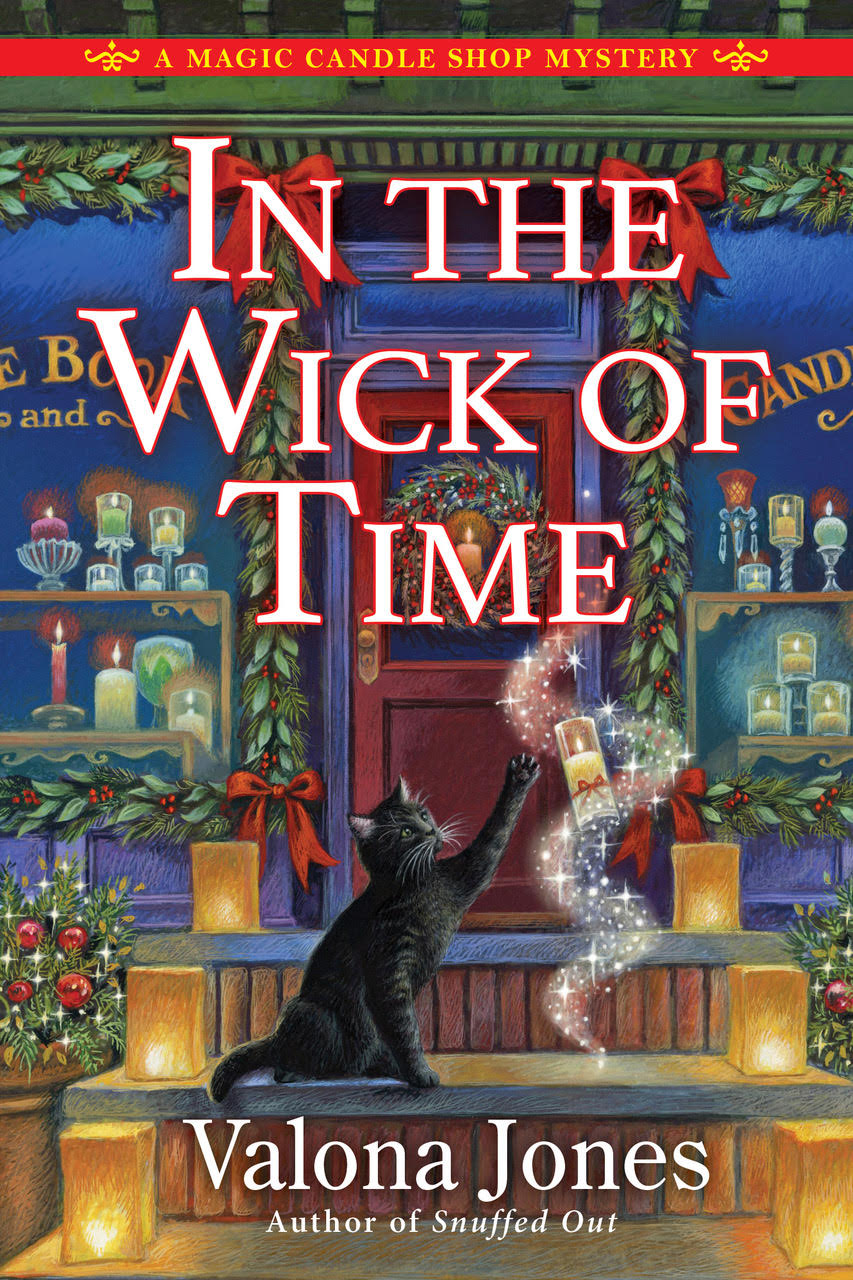Weeds In Your Writing Garden
Spring blew in on a pewter thunder cloud, dosing my weeds with abundant rain, warmth, and sunshine. Now I’ve got grass gone to seed in my Lantana, Virginia creeper choking out my azaleas, rogue sunflowers in my hedges, clover popping up in my border grass, and sticky bushes rioting in my Pampas grass. Trying to keep pace with them is maddening, but the process of weeding reminds me of a parallel between writing and gardening.
We toil in the writing garden. We nurture our muse. We sacrifice by writing at all hours of the day so our writing doesn’t impact other activities. Book promotion adds layer of garden to work. Before we know it, our writing gardens are overrun with weeds. Chaos follows.
By definition, a weed is an unwanted plant, usually one with increased vigor. To transpose that to the writing garden, a weed is any activity, behavior, or event that prevents us from writing. Distractions may come in the form of a writing-related activity. On the flip side, a writing weed could be something as unsuspecting as that mid-day dental appointment or the kid’s sports team advancing to the finals.
Whatever the weed, it chokes our writing progress, causing our fruit to wither, our blossoms to rot. Recognizing these activities, behaviors, and events as troublemakers is a key step to controlling growth your writing garden. Since weeds are somewhat universal, here’s a short list based on the weeds mentioned above:
• Quick-rooting Grass – craft-related perennials. Words like: that, as, -ly words, just, etc. They crop up again and again.
• Blanketing Virginia creeper – nonessential writing-related stuff. It spreads over your desk, your computer, your office. This is a weed of guilt for believing you have to be active in every loop, group, and writing organization.
• Thorny sticky bushes – pesky revisions. A thicket of revisions can lead to self-doubt. Bad reviews fall into this category too.
• Not-so-lucky clover – real life stuff with its own pretty blossoms. Juggling all the challenges of family, career, writing, and hobbies would be easier if there were more hours in the day.
• Plucky Sunflowers – towering promo machine. Though it generates revenue, this time-requiring activity prevents writers from writing.
Extreme weed prevention methods (herbicides, bulldozing) can be just as detrimental to writing as a weed-infested garden. The trick is to find your personal comfort level, your personal balance between writing weeds and enjoying the fruits of your writing garden.
Weeds are common in life and in writing. What we do about them varies from season to season, from day to day. Because when it comes to being a writer, each of us is a master gardener.











